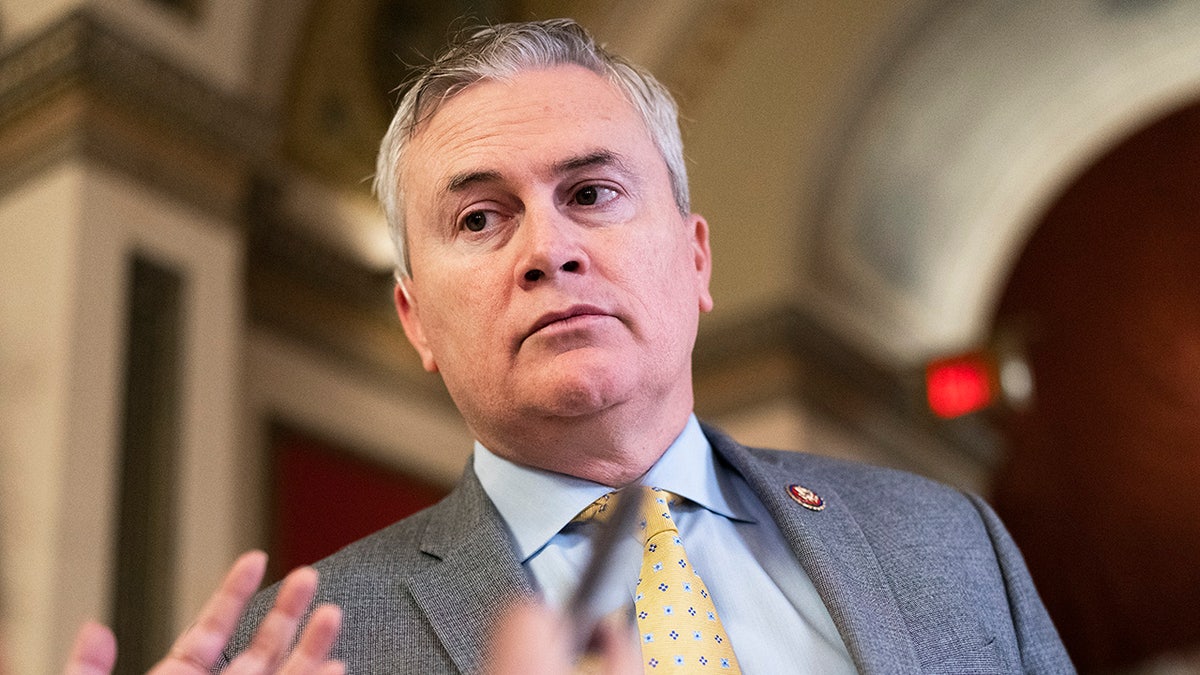House Republicans are scrutinizing the Environmental Protection Agency's (EPA) proposed crackdown on fossil fuel power plant emissions, raising concerns about its potential impact on grid reliability and electricity costs. A group of 22 GOP lawmakers, led by Representatives Jake LaTurner (R-KS) and James Comer (R-KY), sent a letter to EPA Administrator Michael Regan questioning the agency's consideration of the rule's cost impacts and technological feasibility.
The EPA's plan aims to reduce power sector emissions by approximately 617 million metric tons by 2042, requiring power plants to cut pollution by about 90% over the next two decades. This would necessitate the adoption of carbon capture technology, a costly and relatively untested method, or the shutdown of power plants. The Republicans argue that carbon capture is not yet viable on a large scale and is financially prohibitive for many facilities. They also express concern about the potential for increased electricity costs for consumers, already burdened by rising utility bills.

The lawmakers' letter highlights the potential threat to grid stability if the proposed rule takes effect, particularly for power plants providing baseload power. They criticize the Biden administration's energy policies, arguing that they have led to higher electricity prices and that the EPA's new emissions restrictions further exacerbate the issue. The Republicans are calling for an extension of the public feedback period and a thorough consideration of industry concerns. They have also requested EPA documents and communications related to the proposal for review.

Representative LaTurner emphasized the negative impact of the Biden administration's energy policies on electricity prices and expressed concern about the EPA's burdensome regulations on domestic energy producers. He and his colleagues on the Oversight Committee are demanding accountability and answers for the American public.

President Biden's climate agenda aims to achieve a 100% carbon pollution-free power sector by 2035, promoting renewable energy sources. However, while renewable energy has grown, it still accounts for a small percentage of U.S. electricity generation and is dependent on weather conditions. Concerns have also been raised by the Federal Energy Regulatory Commission about the early retirement of coal-fired power plants and the potential for capacity shortfalls.








